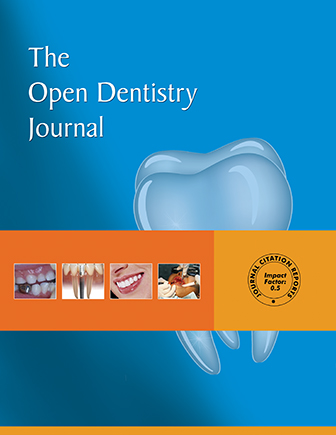Dental Implant Surgery for Patients Receiving Non-vitamin K Antagonist Oral Anticoagulants (NOACs); Clinical Considerations and Management: A Mini-review
Abstract
Background:
Dental implants are one of the most prevalent operations in dental clinics, as they are the ideal solution to replace teeth. However, many patients who need this treatment are older and suffering from heart diseases, especially atrial fibrillation, which requires anticoagulants. Non-vitamin K antagonist oral anticoagulants (NOACs) are considered modern anticoagulants, and they include four common medications: dabigatran, rivaroxaban, apixaban, and edoxaban.
Materials and Methods:
In this study, we review the literature regarding the proper management of patients receiving NOACs in dental implant clinics based on papers published in the last decade (2010-2022). A comprehensive search on the PubMed, Scopus, and Web of Science databases was conducted to identify articles evaluating the relationship between Non-vitamin K dependent oral anticoagulants and dental implant surgery.
Results:
Despite the limitations of this study, it has been found that dental implants require discontinuation of NOACs for 24 hours or more prior to implant surgery. This depends on the type of anticoagulant and the creatinine clearance (CrCl).
Conclusion:
Implant surgery requires interruption of NOACs ≥24 hours preoperatively. However, there is a need for further clinical studies in order to establish more evidence-based guidelines.


